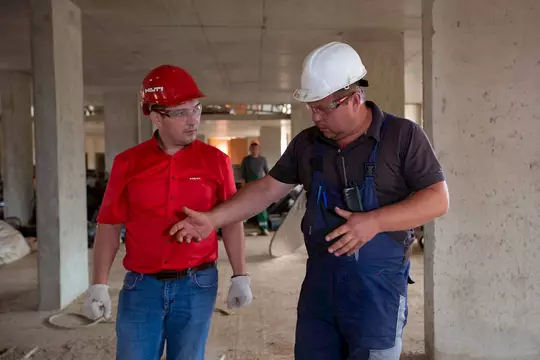Working with employees of your subcontractor? Beware!
Can you instruct your subcontractors' employees and how far can you go in this?
In practice, this is often a thorny issue that regularly involves discussions. Especially when there is no team leader present because of your subcontractor. The basic rule in this is simple, don't do it. After all, it can leave you sour when something goes wrong.
When you enter into an agreement with a subcontractor, even if it is a foreign company, your subcontractor is the employer of the workers on site. He is therefore responsible for the division of labour between the workers, technical instructions, reporting absences, checking the quality of the work, etc....
However, if you, as the main contractor, take care of certain matters, the court may rule in case of discussion that this should be seen as a prohibited posting. This means that these employees de facto have an indefinite employment contract with you, with all its consequences. In such cases, you will be held responsible for the Dimona declarations, among other things. In addition, you also risk being held jointly liable for the payment of social security contributions, wages, etc....
Some exceptions
An exception to this are instructions relating to welfare an safety regulations. You may give these instructions to anyone present at the site, including people who are present at the site via subcontracting..
You can avoid problems and discussions by always working with a well-drafted building contract. After all, the law states that you may only give instructions to a subcontractor's staff that are explicitly stated in the building contract. If giving certain instructions is necessary for the smooth running of the works on a site, make sure this is stated in the contract.
Apply these agreements effectively too. After all, the social inspectorate will also take action if things turn out differently in practice and you exercise employer authority over the workers. If several employees of your subcontractor are present on the site, there should always be a foreman on behalf of your subcontractor.
Better be safe than sorry
We can conclude that when working with a subcontractor, it is best to make sure that its employees do not work solely under your authority, supervision and direction. If there is a need for certain instructions (other than those related to safety), these should be included in a contract with your subcontractor.
As is often the case, again, in practice you are “better be safe than sorry”.
